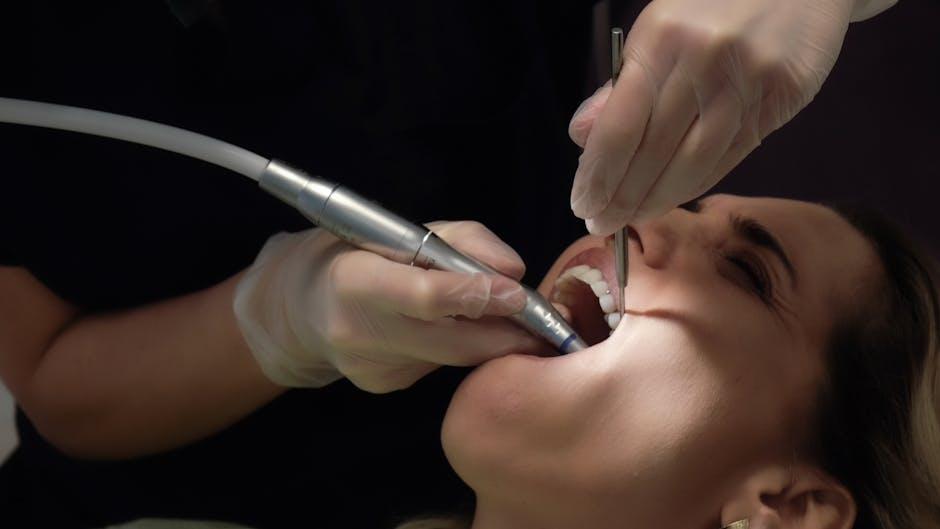
Bill Aimed at Preventing Dental Insurance Companies from Denying Care Introduced
In recent years, countless dental patients have faced frustrating obstacles while trying to access necessary dental care due to insurance companies denying coverage. This ongoing challenge has inspired new legislation aimed at protecting consumers from unjust denials by dental insurance providers. The latest bill introduced seeks to enforce transparency, fairness, and accountability, ensuring that dental insurance companies cannot arbitrarily refuse essential dental procedures.1
Understanding the Issue: Why Are Dental Care Denials So Common?
Dental insurance is designed to help alleviate the cost burden of oral healthcare. Nevertheless, many patients report receiving denials for common treatments such as root canals, crown replacements, or even preventive cleanings. Dental insurance companies often cite “lack of medical necessity” or “coverage limits” as reasons for refusal, leaving patients confused, delayed in care, or forced to pay out-of-pocket.
Some reasons dental insurance denials occur include:
- Poor communication between dentists and insurers
- Complex policy language that obscures covered services
- Capped annual benefits or treatment frequency limits
- Pre-authorization requirements that lead to delays
- Subjective interpretation of “medically necessary” services
Overview of the New Bill: What It Means for Patients and Providers
The bill, formally titled the Dental Care Access and Fairness Act, promises significant reforms to how dental insurance companies manage claims and benefit approvals. Key provisions include:
| Provision | Description | Impact |
|---|---|---|
| Mandatory Transparency | Insurers must disclose clear reasons for coverage denial in writing. | Patients can understand denials and effectively appeal. |
| Standardized Definitions of “Medically Necessary” | Legally defines which treatments must be covered under dental plans. | Reduces subjective denials and enhances patient rights. |
| Enhanced Appeals Process | Streamlines how patients can dispute denied claims with clear timelines. | Faster resolution and fewer lost treatments. |
| Annual Benefit Minimums | Sets baseline coverage amounts for essential dental services. | Guarantees a minimum level of benefit for all insured. |
Benefits of the Legislation for Dental Patients and Providers
This bill is a milestone in consumer protection and access to dental healthcare. Its benefits include:
- Improved Access to Necessary Care: Limits arbitrary denials ensuring patients receive timely treatment.
- Reduced Financial Burden: Prevents unexpected out-of-pocket payments caused by surprise denials.
- Greater Transparency: Clear communication improves trust between insurers, providers, and patients.
- Encouraging Preventive Care: Incentivizes insurers to cover preventive treatments, improving overall oral health.
- Strengthened Appeals Rights: Patients gain a fair chance to challenge unjust coverage decisions.
Practical Tips for Dental Patients Navigating Insurance Challenges
While the bill progresses through legislative stages, dental patients can still take active steps to protect themselves against insurance denials:
- Read Your Policy Carefully: Understand what services are covered and any limitations.
- Document Recommendations: Ask your dentist to provide detailed treatment plans and medical necessity notes.
- Communicate with Your Insurer: Don’t hesitate to seek clarification or request detailed explanations for denials.
- Keep Records: Maintain copies of submitted claims, denials, and correspondences for appeal purposes.
- Utilize the Appeals Process: Act promptly to appeal unjust denials before deadlines expire.
- Seek Help from Advocacy Groups: Organizations like the American Dental Association offer resources and guidance for insurance disputes.
Case Study: How Denials Impacted a Local Family
Consider the Thompson family, who recently faced a denial for a much-needed root canal on their teenage daughter. Despite a dentist’s urgent recommendation, their insurer initially rejected the claim citing “non-urgent treatment.” Months of appeals delayed the procedure, resulting in worsening pain and more expensive treatment down the line. The Thompson’s experience highlights the critical need for legislation requiring transparency and protecting patients from these predicaments.
“It was a stressful ordeal that could have been avoided if our insurance company provided clear reasoning or allowed quicker appeals,” says Mrs. Thompson. “We hope this bill passes to spare families like ours.”
What’s Next? Tracking the Bill’s Progress
This crucial bill is currently under review by the state legislature’s Health Committee. Public hearings invite input from dental professionals, insurance representatives, and advocates. Support from constituents is vital to help it pass into law. Local News Matters encourages readers to stay informed and reach out to their elected officials to advocate for improved dental care access.
Conclusion
Dental insurance denials have long been a barrier to essential oral health care for many Americans. The introduction of the Dental Care Access and Fairness Act marks a promising step toward ending unfair denial practices by dental insurers. By promoting transparency, standardizing medical necessity criteria, and strengthening appeals, this legislation aims to empower patients and ensure they receive the dental treatments they need without unnecessary hurdles.
Patients, providers, and advocates alike stand to benefit from this change. While waiting for the bill’s journey through the legislative process, staying informed and proactive can help you navigate dental insurance complexities today. Together, these efforts could pave the way for a more equitable dental insurance system nationwide.


